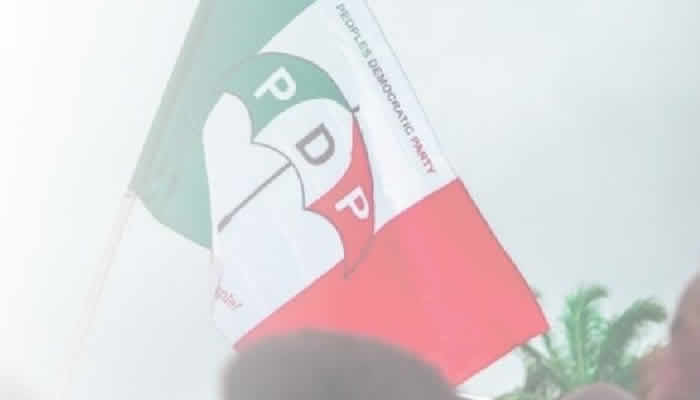The political landscape of Edo State is embroiled in controversy surrounding the planned local government elections slated for July 2026 by the Edo State Independent Electoral Commission (EDSIEC). This move has drawn sharp criticism from the Peoples Democratic Party (PDP), which has labeled the action as illegal, unconstitutional, and a blatant disregard for a subsisting court order. The contention stems from the prior dismissal of the elected local government chairmen by the Edo State House of Assembly in December 2019, following accusations of financial impropriety by Governor Monday Okpebholo. This dismissal was later deemed illegal by a High Court in Benin, which ordered the reinstatement of the chairmen. However, this court order was disregarded by the state government, setting the stage for the current electoral impasse.
The PDP’s condemnation focuses on several key points. First, the party argues that the EDSIEC lacks the legal authority to conduct the proposed elections. They question the legitimacy of the body orchestrating the electoral process, asserting that it is “unknown to the law.” Second, the PDP highlights the existence of duly elected councilors whose tenure legally extends to September 2026. The party contends that any attempt to truncate their mandate through a “contrived process” is undemocratic and illegal. This underscores the ongoing tension between the state government and the existing local government structure.
The PDP’s critique extends to the broader governance practices of the Edo State Government, accusing it of operating in open breach of the law, demonstrating contempt for judicial pronouncements, and disregarding democratic norms. They characterize the move to hold elections in July 2026 as a “civilian coup,” aimed at seizing control of local councils and undermining the will of the people. This strong language depicts the gravity of the situation as perceived by the PDP and reflects the deep political divisions within the state.
The party further emphasizes the potential for destabilizing grassroots governance, arguing that the state government’s actions threaten the foundation of local democracy. This concern highlights the importance of local government structures in providing essential services and representing the interests of communities. The PDP’s stance underscores the potential negative consequences of circumventing established legal processes and disregarding judicial authority. This could set a dangerous precedent and erode public trust in the institutions of governance.
At the heart of the PDP’s argument is the fundamental principle of respecting the rule of law. They urge the state government to retrace its steps and desist from actions that could plunge Edo State into a political crisis. This appeal reflects the party’s concern for maintaining stability and upholding democratic principles. By emphasizing the importance of adherence to legal processes, the PDP seeks to prevent further escalation of the conflict and ensure a peaceful resolution to the electoral dispute.
The situation in Edo State underscores the fragility of democratic institutions and the importance of upholding the rule of law. The PDP’s condemnation of the planned local government elections serves as a call for accountability and transparency in governance. The party’s emphasis on respecting judicial decisions and adhering to democratic norms highlights the need for a commitment to these principles from all stakeholders in the political process. The resolution of this conflict will be a crucial test for the strength of democratic institutions in Edo State and their ability to withstand political pressures.














